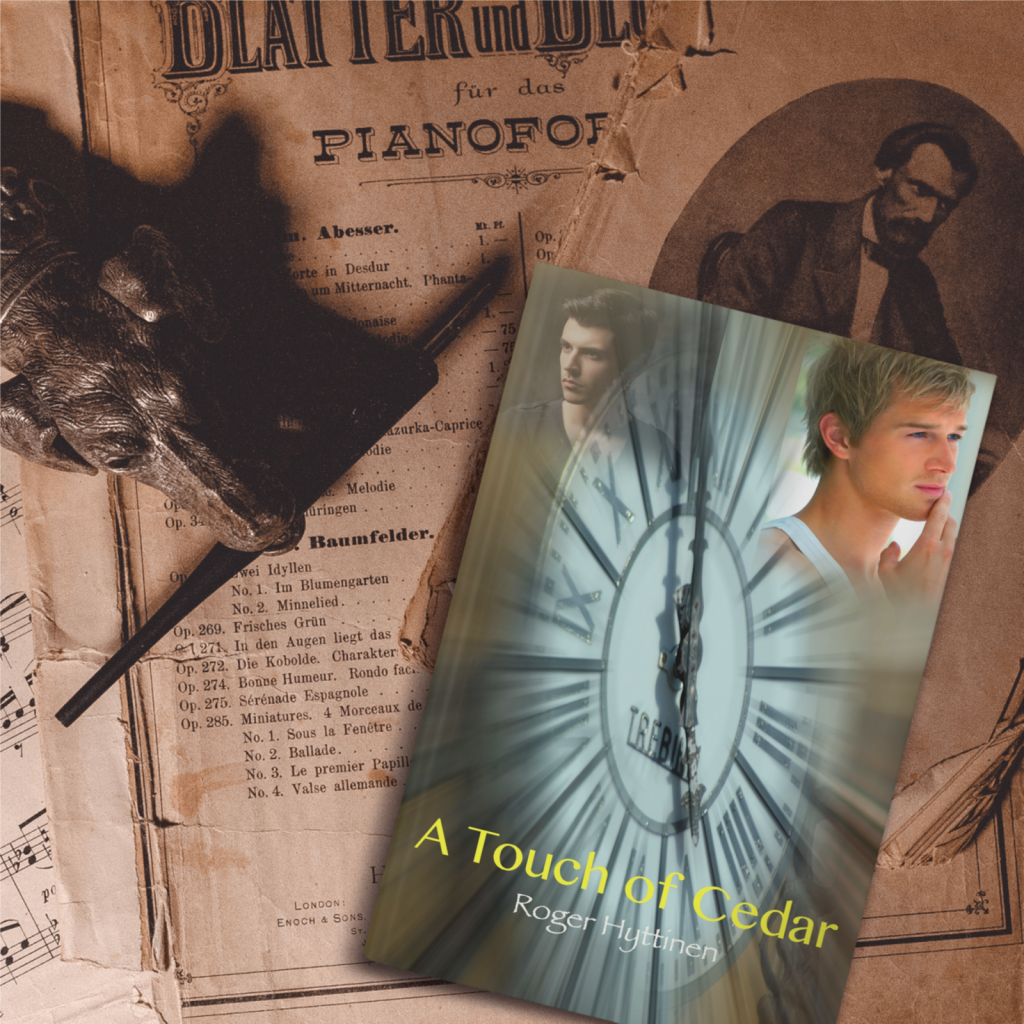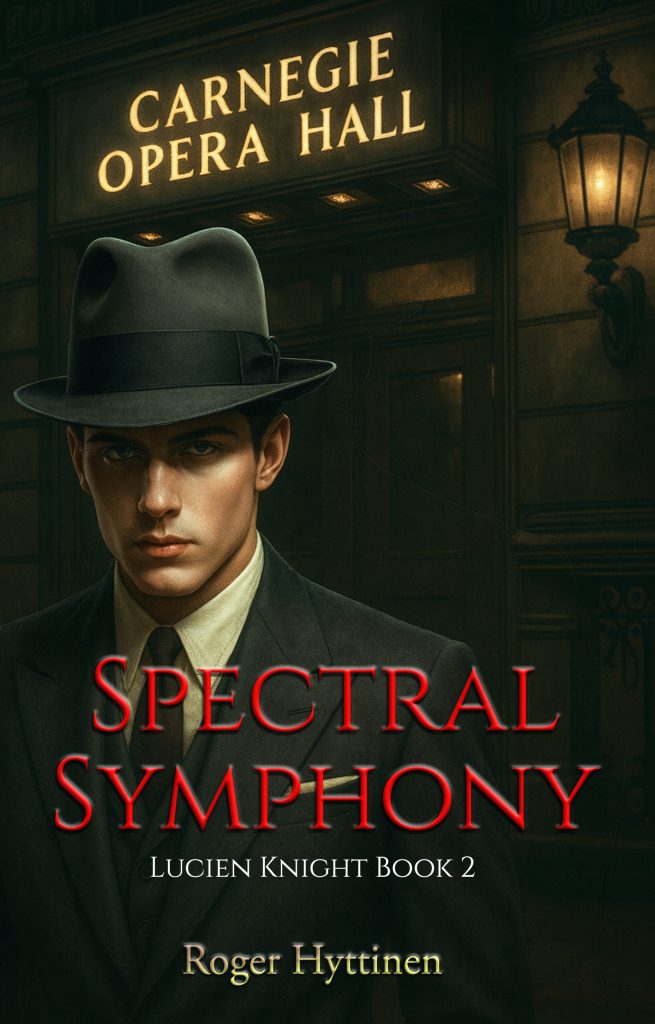Dialogue Drills: Making Characters Sound Like Humans, Not Robots

I’ve lost count of how many times I’ve stopped reading a book, stared at the page, and muttered, “No one talks like this.” You know the feeling. The words are technically fine. The grammar behaves. The punctuation minds its manners. And yet… the characters sound like they’re reading cue cards under fluorescent lights.
Dialogue can do that. It can look alive on the page and still feel dead in your ear.
So today I want to talk shop. Not from a podium. From the chair across the table, coffee cooling, pen tapping. Let’s talk about how to make characters sound like actual people instead of well-behaved instruction manuals.
The First Test: Say It Out Loud (Yes, Really)
I know, I know. Reading your own dialogue aloud feels silly. I still do it. I still glance around the room like someone might catch me mid-sentence.
Do it anyway.
Your mouth knows things your eyes don’t. If a line trips your tongue, that line needs help. If you have to take a breath halfway through a sentence that a character supposedly says in one go, that’s a clue.
Stiff version:
“I do not believe this plan will succeed, and I think we should reconsider our options.”
Human version:
“I don’t think this is going to work. Maybe we should try something else.”
Shorter. Messier. Easier to say without sounding like you’re addressing a committee.
People Dodge. People Stall. People Talk Sideways.
Real conversations wobble. Folks avoid answers. They circle topics like cats around a suspicious box.
A lot of robotic dialogue comes from characters responding too cleanly.
Too neat:
“Did you steal the money?”
“Yes, I did.”
That’s an interrogation transcript, not a conversation.
Looser:
“Did you steal the money?”
He rubbed his thumb along the edge of the table. “Is that what this is about?”
Now we’ve got motion. Avoidance. A tiny emotional leak.
When someone asks a hard question, most people don’t sprint straight into the truth. They poke the floor first.
Let Characters Interrupt Each Other
Perfect turn-taking screams “written.” Real talk bumps elbows.
Polished:
“I was thinking about leaving town,” she said.
“Why would you do that?” he asked.
Closer to life:
“I was thinking about leaving town.”
“Wait—what?”
Interruptions create energy. They show comfort, tension, impatience. Silence has weight too. A character not responding can speak louder than a paragraph of explanation.
Give Each Character a Verbal Habit
Not a gimmick. A rhythm.
One character uses short bursts. Another rambles. Someone else asks questions instead of making statements. A fourth never answers the thing you asked.
Picture a dinner table. Everyone sounds different. Dialogue should reflect that.
Same information, different voices:
“You’re late.”
“Traffic was a nightmare.”
versus
“You’re late.”
“I know, I know—don’t start. The whole city decided to stop breathing at once.”
Same point. Different pulse.
Cut the Explaining They’d Never Say
Characters don’t narrate their own lives to people who already know them. That’s a fast way to flatten a scene.
Clunky:
“As you know, my brother and I have not spoken since our argument five years ago.”
Nobody says that. Ever.
Better:
“You really think I’m calling him after what happened last time?”
Now the history sits between the lines, right where it belongs.
If a sentence starts to sound like it’s leaning toward the reader instead of the other character, trim it.
Use Filler Words—Just Not Too Many
People say “uh,” “well,” “I mean,” and “you know.” Sprinkle them with care. Too many and the page gets sticky. Too few and the voice gets stiff.
Overcooked:
“Well, I mean, I just think, you know, that maybe—well—this isn’t great.”
Balanced:
“I mean… this isn’t great.”
One small stumble sells the moment without turning it into a traffic jam.
Let Emotion Skew the Sentence
When people feel things, their sentences warp. They trail off. They snap. They repeat themselves.
Flat:
“I am angry that you lied to me.”
Alive:
“You lied to me. You looked right at me and did it.”
Short lines can hit hard. Repetition adds heat. Clean grammar can wait outside.
Eavesdrop (In a Non-Creepy Way)
Some of the best dialogue lessons come from listening. Coffee shops. Buses. Grocery store aisles. People talk in fragments. They jump tracks mid-thought. They contradict themselves without noticing.
I keep a little notebook for phrases that feel real. Not whole conversations. Just bits. Half-sentences. Weird turns of phrase. Later, those bits sneak into characters who need them.
Final Gut Check
Before you move on from a scene, ask one question:
Would I believe this if I heard it through a wall?
If the answer hesitates, tweak the lines. Let them breathe. Let them misbehave a little.
Dialogue isn’t about sounding smart. It’s about sounding true.
And yeah—when it works, it feels magic. When it doesn’t, your characters start blinking like malfunctioning appliances. None of us want that.

Dark family secrets. An uncle who knows too much. A boy who can’t ignore what he sees. Nick’s Awakening is the start of a paranormal journey where every answer comes with a new haunting. Grab your copy HERE
Dialogue Drills: Making Characters Sound Like Humans, Not Robots Read Post »










